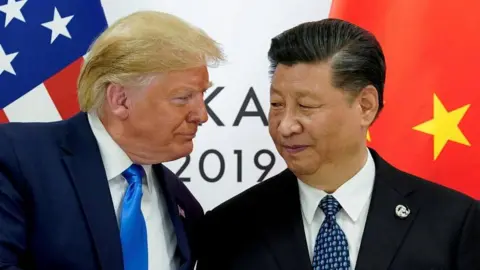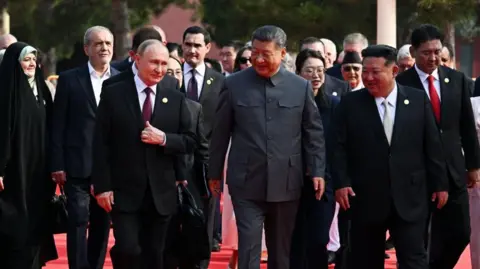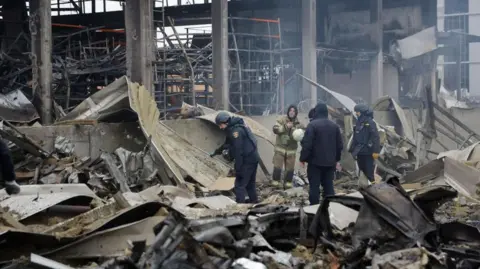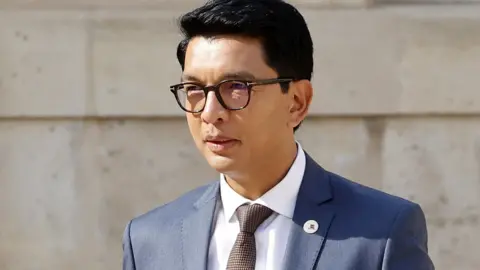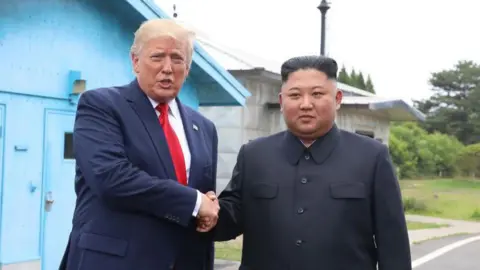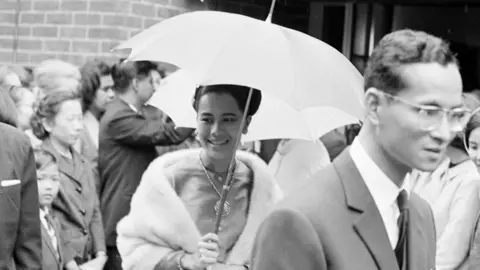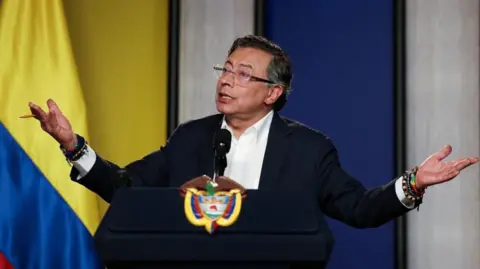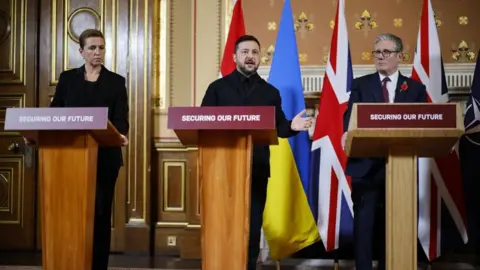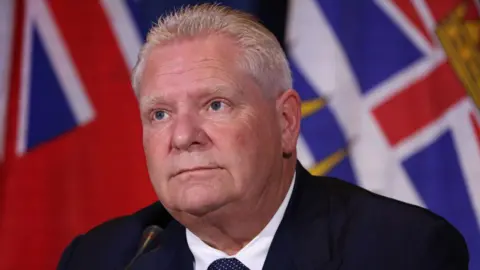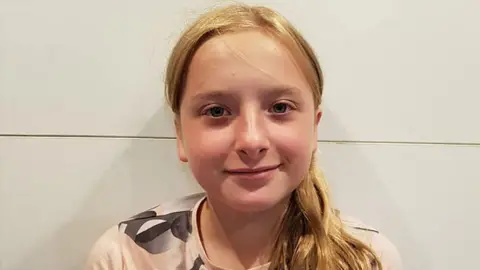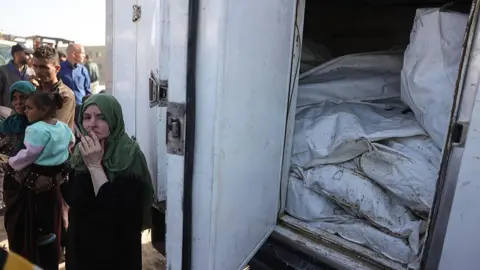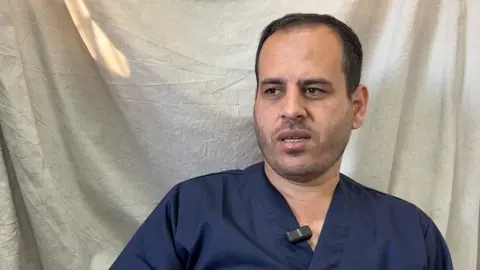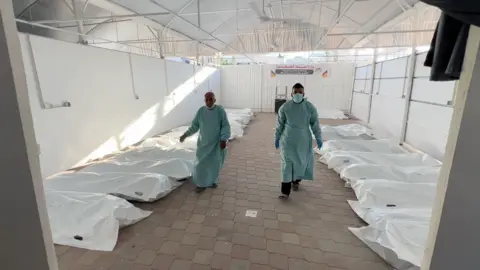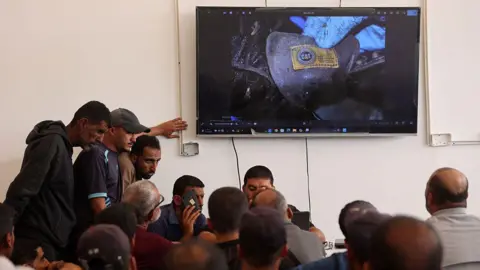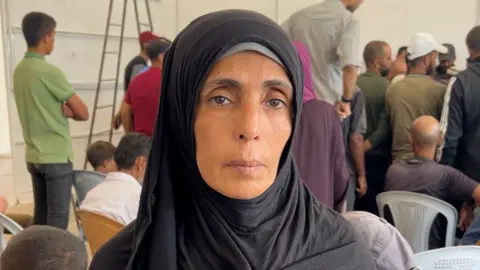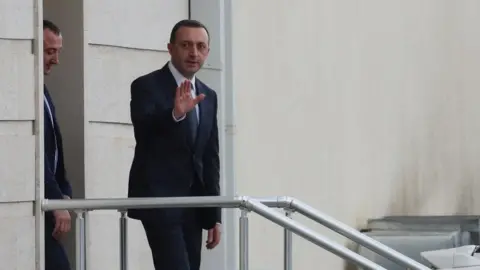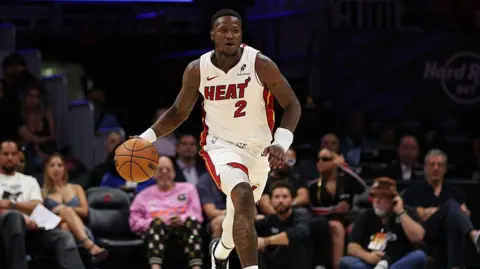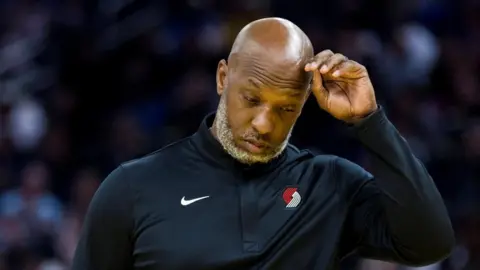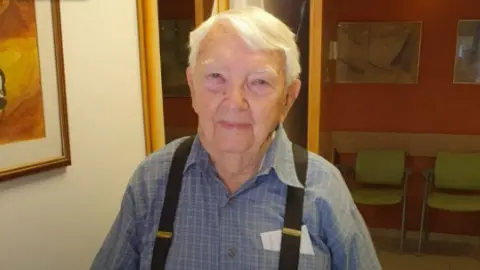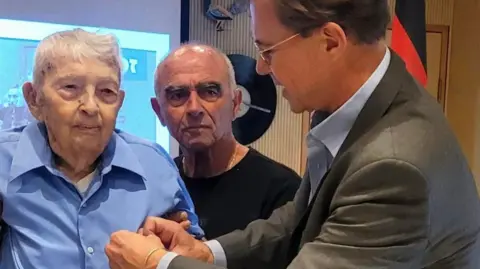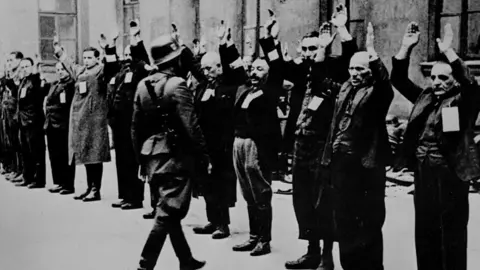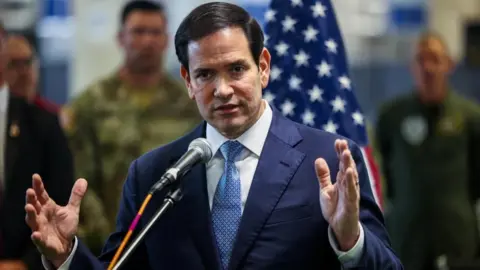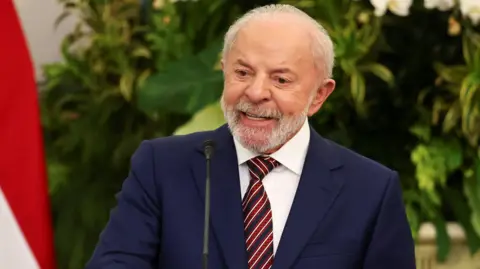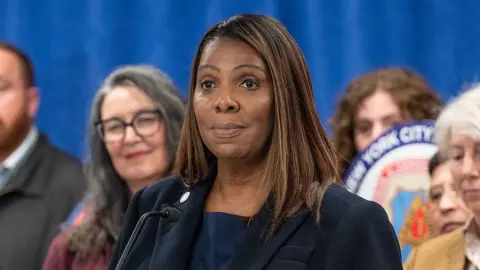'I am not done' - Kamala Harris tells BBC she may run for president again
Former US Vice-President Kamala Harris has told the BBC she may run again for the White House.
In her first UK interview, Harris said she would "possibly" be president one day and was confident there will be a woman in the White House in future.
Making her strongest suggestion to date that she will make another presidential bid in 2028 after losing to Donald Trump last year, Harris dismissed polls that put her as an outsider to become the Democrats' pick for the next election.
Speaking to Sunday with Laura Kuenssberg, Harris also turned her fire on her former rival, branding Trump a "tyrant", and said warnings she made about him on the campaign trail had been proved right.

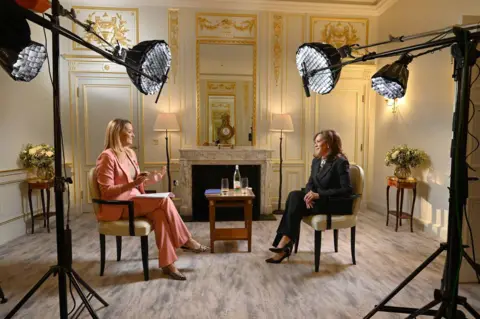
As the Democratic party searches for answers about Republican Donald Trump's decisive victory one year ago, much of the blame has been directed at former President Joe Biden for not standing down sooner.
But there have also been questions raised about whether Harris could have run a better campaign and set out a clearer message on the number one issue, the economy.
In the BBC interview Harris entertained the prospect of another run at the White House, saying her grandnieces would, "in their lifetime, for sure", see a female president.
Asked if it would be her, she said, "possibly", confirming she is considering another run at the top job.
Harris said she had not yet made a decision, but underlined that she still sees herself as having a future in politics.
"I am not done," the former vice-president said. "I have lived my entire career as a life of service and it's in my bones."
Responding to odds that place her as an outsider to win a place on the Democratic ticket - even behind Hollywood actor Dwayne the Rock Johnson - she said she never listened to polls.
"If I listened to polls I would have not run for my first office, or my second office - and I certainly wouldn't be sitting here."

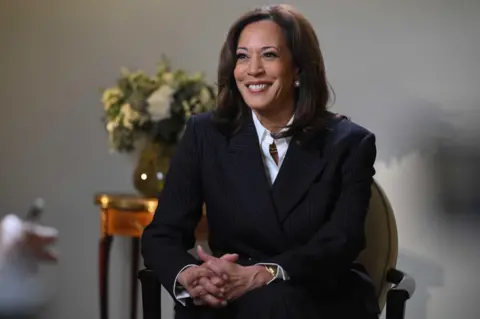
Harris also said she believed predictions she made about Donald Trump behaving as a fascist and running an authoritarian government had come true.
"He said he would weaponise the Department of Justice - and he has done exactly that."
She pointed to the suspension of late-night comic Jimmy Kimmel by ABC after he made a joke about Republican reaction to the death of right-wing influencer Charlie Kirk.
His removal from the airwaves, celebrated by Trump, came after the Trump-appointed regulator threatened Kimmel's broadcasters.
"You look at what has happened in terms of how he has weaponised, for example, federal agencies going around after political satirists… His skin is so thin he couldn't endure criticism from a joke, and attempted to shut down an entire media organisation in the process."

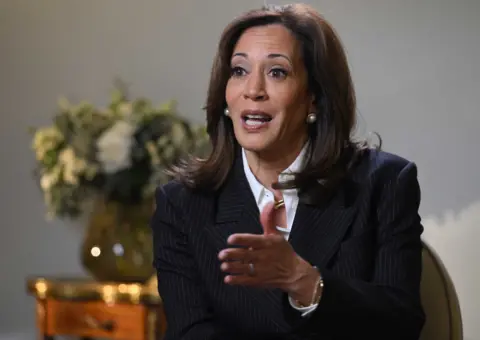
Harris also slammed business leaders and institutions in America who have, in her view, too easily bowed to the president's demands.
"There are many… that have capitulated since day one, who are bending the knee at the foot of a tyrant, I believe for many reasons, including they want to be next to power, because they want to perhaps have a merger approved or avoid an investigation."
The White House was dismissive when asked for a response to Harris's comments about the president.
"When Kamala Harris lost the election in a landslide, she should've taken the hint - the American people don't care about her absurd lies," said spokeswoman Abigail Jackson.
"Or maybe she did take the hint and that's why she's continuing to air her grievances to foreign publications."
Harris has just published her account of her rollercoaster campaign, 107 Days, the time that was left to her to run for the presidency after Biden withdrew from the race following months of speculation about his mental acuity.
In our full interview with the former vice-president, to be broadcast in the UK on Sunday at 09:00 GMT (05:00 EST), I pressed Harris several times on whether she ought to have urged Biden to make way for her sooner.
How much did she really know about his health? And a question that may haunt her - whether she would be president now, not Donald Trump, if Biden had withdrawn earlier?
The answer is plainly, unknowable - the great "if" that could have changed the fate of America.

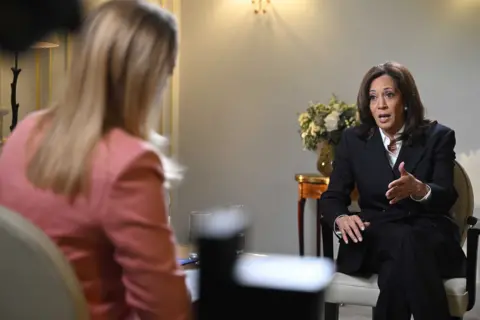
Among the Democratic soul-searching, Harris' candidacy is often disparaged, her weaknesses as a leader pinpointed as the reasons for her defeat, not just the last-minute nature of Biden's decision.
When questioned about what went wrong, rather than plunge into deep analysis, her contention is because she started so late, it was almost impossible to win.
But having sat down with the Californian former prosecutor in the gilded surroundings of a luxury London hotel - rather than the increasingly golden surroundings of the Oval Office as Donald Trump glitzes up the decor - the possibility of power is something she is not willing to leave behind.
Previous hints of her future presidential ambition seemed coy, non-committal - "maybe, maybe not", or "I'm not focusing on that right now".
Her candour in our conversation was more striking. She was quick, eager even, to put herself in the frame for another tilt at power. But she stopped short of making any concrete commitment.
That may be surprising given the thoroughly bruising nature of a defeat she has described as traumatising. She and her team were devastated by the defeat, which came as a surprise to them.
"My god, my god, what will happen to our country?" Harris says she repeated when the result came through.

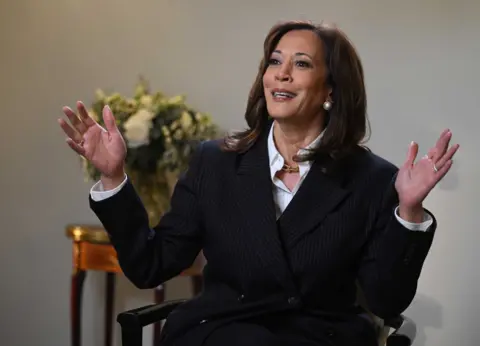
Her attempt to explain it focuses on how narrow the gap in actual votes was between her and Trump.
The popular vote was, indeed, very tight, with less than 2% in it. However, Harris was trounced by Trump in the all-important electoral college, where each state has a certain number of votes that tally up.
Harris was willing to drop heavy hints about her own future. But there's less willingness from her, or frankly any other senior Democrats, grappling with their party's long-term dilemmas.
How does a centre-left party with mainstream leaders take on a right-wing populist leader? Is the answer to focus on Trump? Or is it to argue more forcefully for Main Street?

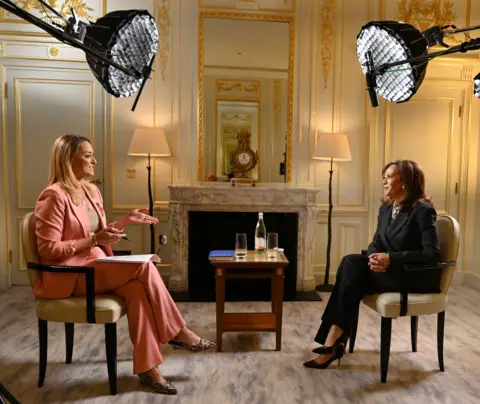
When I challenged the former vice-president on why her campaign did not better connect with working people, she said she needed more time to do that, and pointed to a longstanding drift away from her party among that group.
She regrets she didn't have long enough in 2024 to make her own pitch on bread- and-butter issues like housing, or childcare.
But if she had longer next time round, it's far from guaranteed her arguments would be more compelling, or more gladly received.
Kamala Harris still travels with the trappings of an entourage. Aides anxiously watch the clock as her every minute is planned with military precision. Non-stop travel, choreographed events in different capitals, a tiny number of carefully planned TV interviews.
This time, Harris is on the move for a book tour, not a presidential race. But maybe, if she has her way, this is the start of another campaign after all.
The full interview will be broadcast on Sunday with Laura Kuenssberg at 0900 on Sunday 26 Oct 2025.
Pictures: Jeff Overs/BBC


Sign up for the Off Air with Laura K newsletter to get Laura Kuenssberg's expert political insight and insider stories every Thursday.
